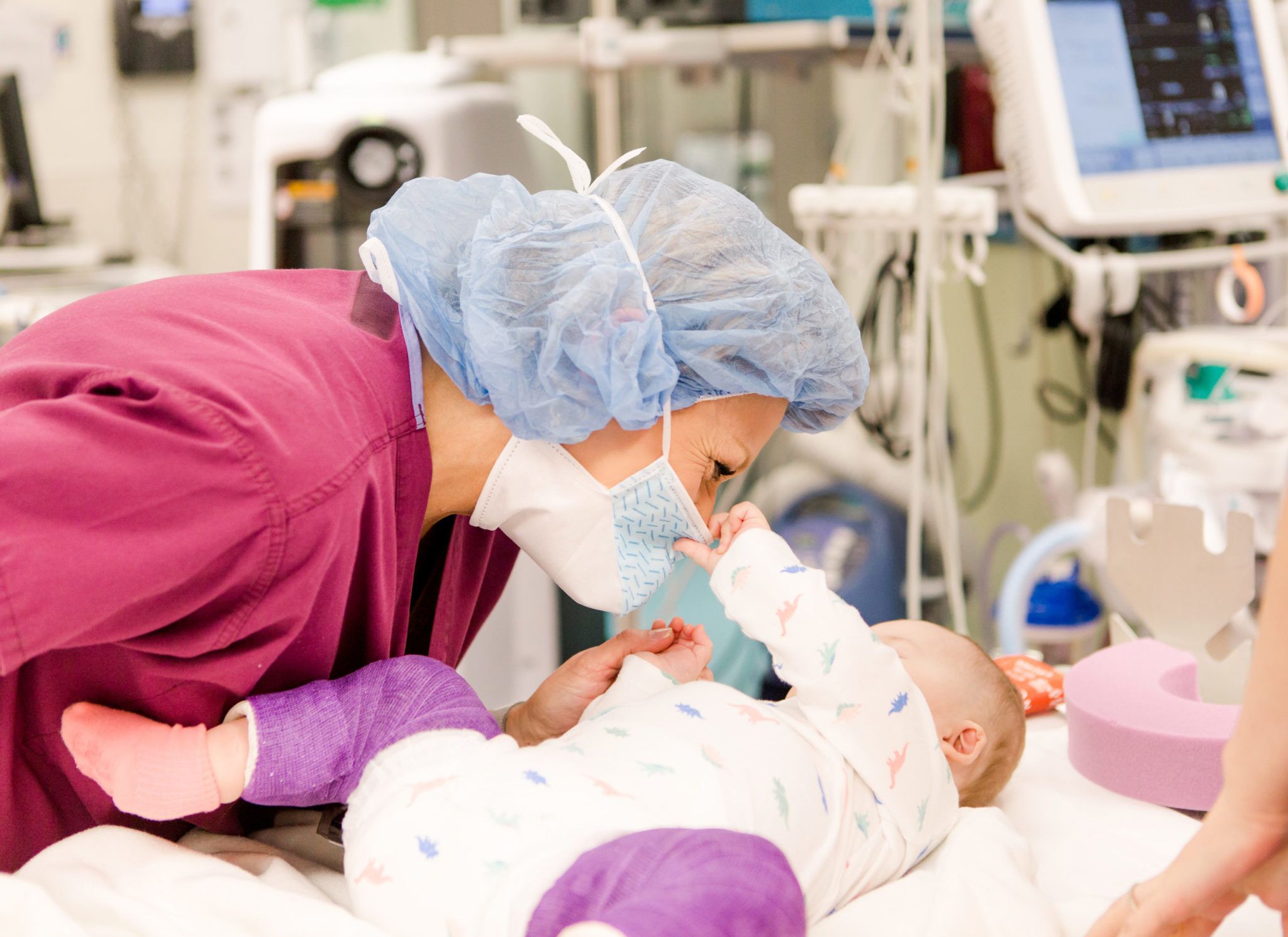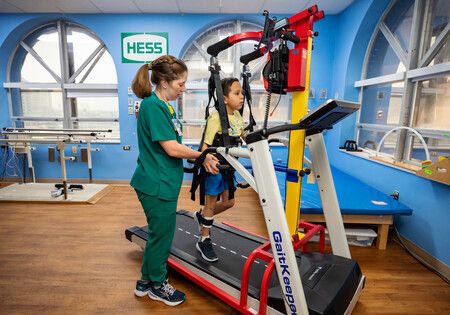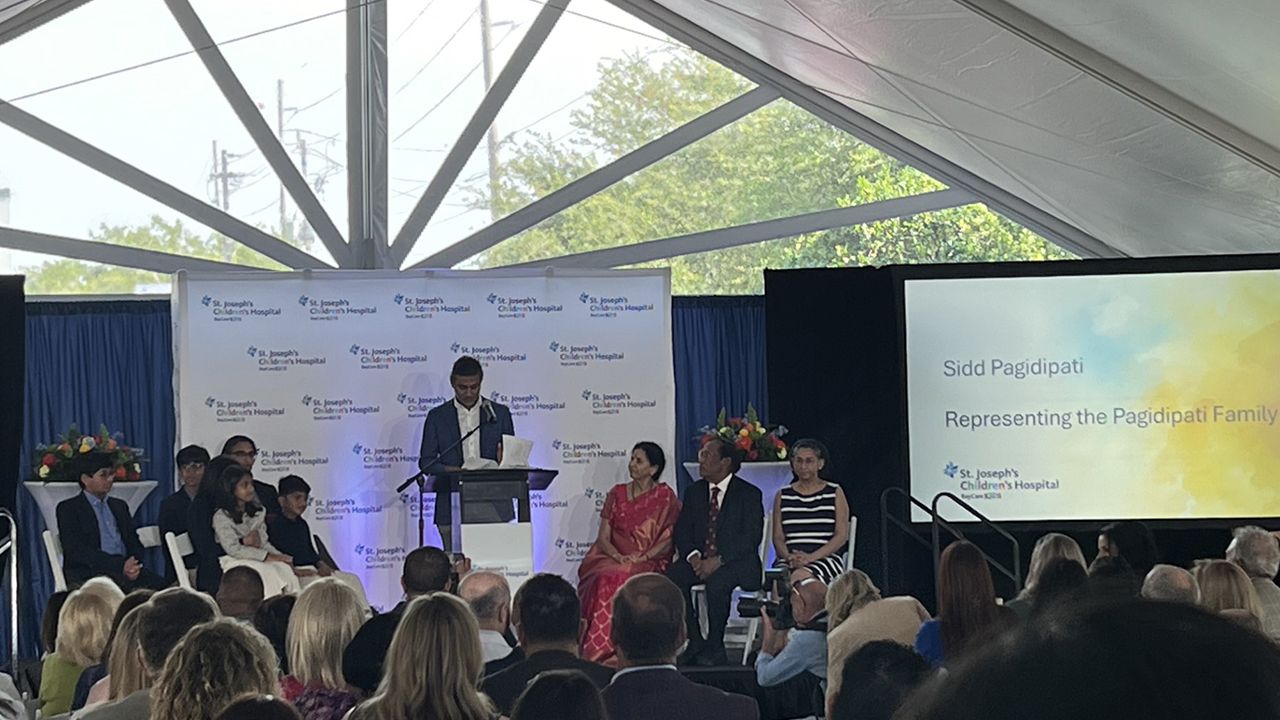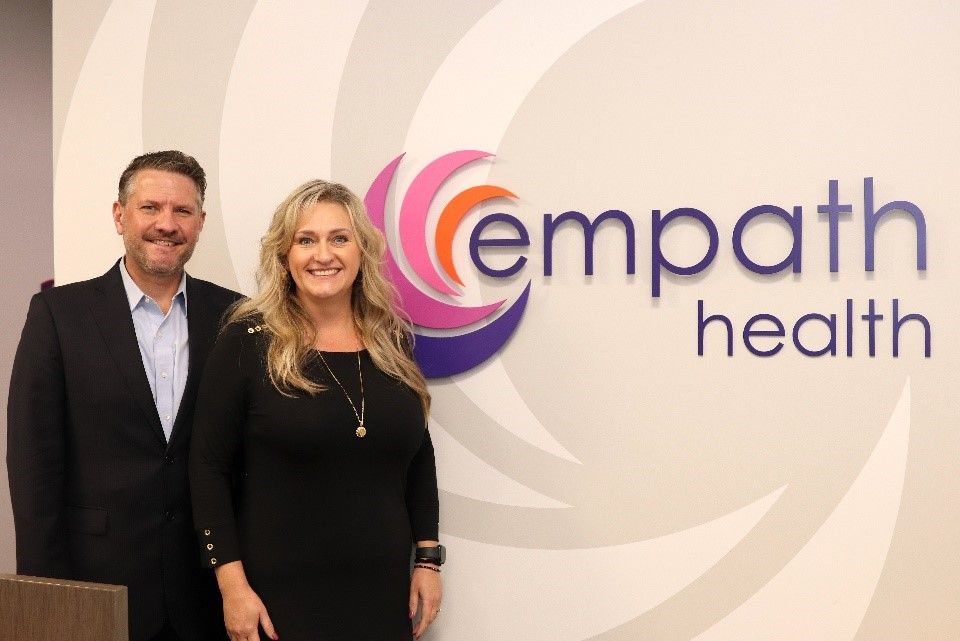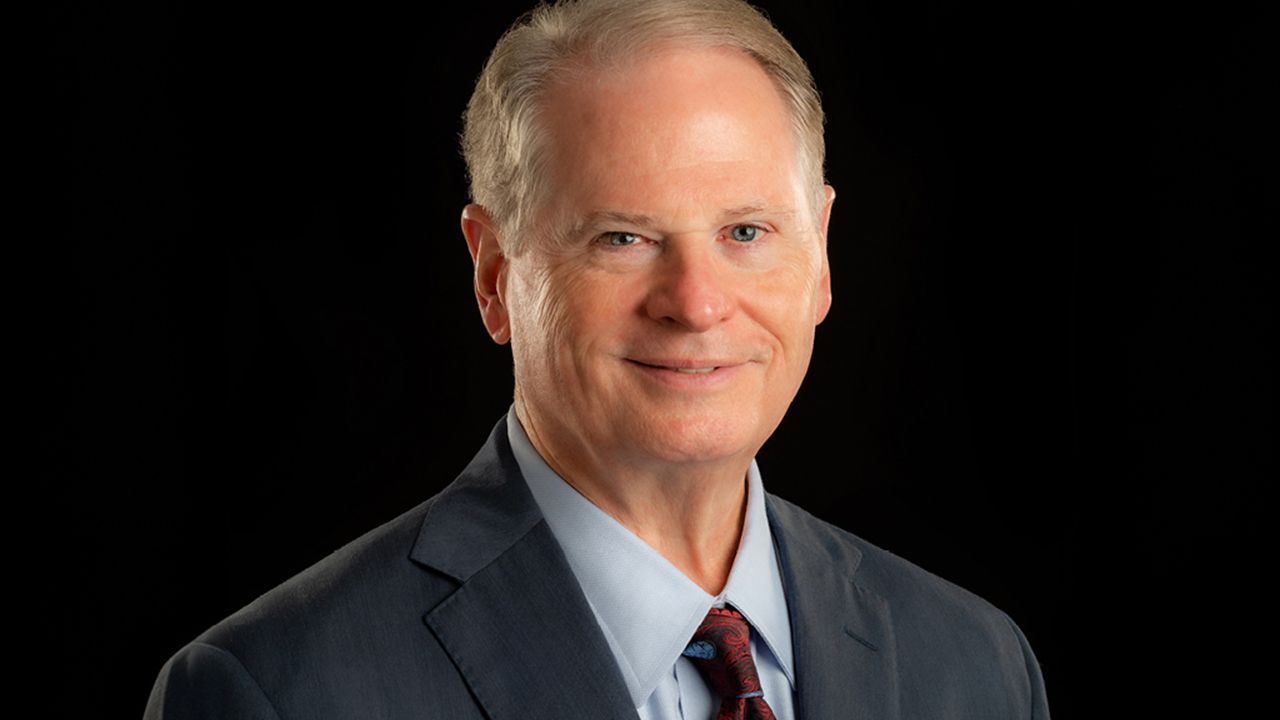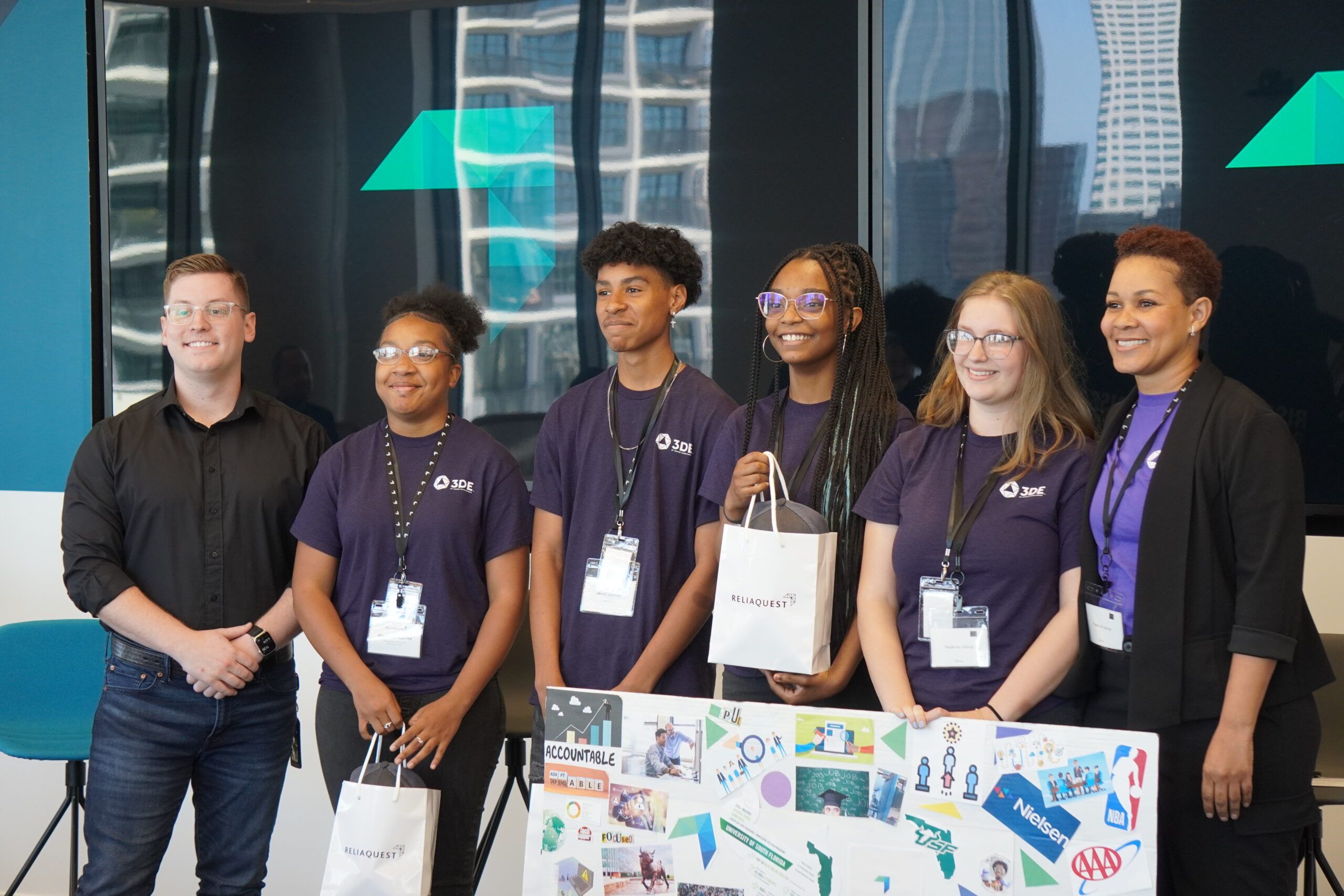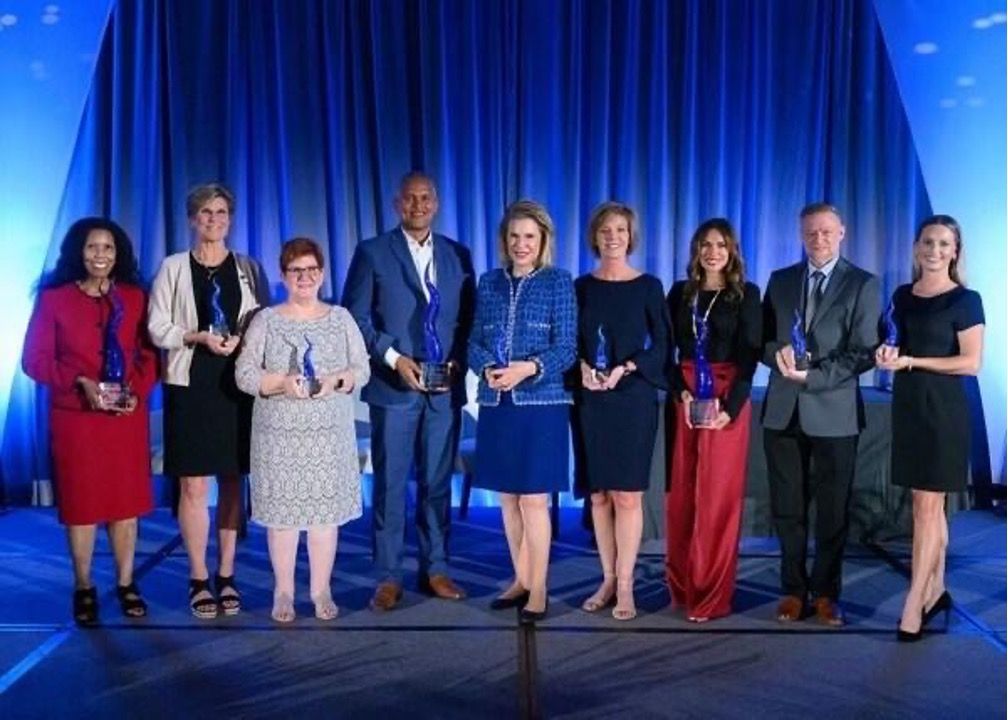Many an organization, or individual, can claim to be on the cutting edge of their field or industry. How many of them can back up that claim?
Shriners Hospitals for Children can. As society deepens its understanding of the genetic bases of addiction, mental health conditions and diseases, Shriners is serving its young patients with a genetics-based approach.
Last January, it entered into a research affiliation agreement with the Maine-based Jackson Laboratory to bolster its recently established Genomics Institute in Tampa.
“The overall goal,” says Marc Lalande, Shriners’ vice president of research programs, “is precision medicine. In other words, we use genetic information, all the clinical information, we could use X-ray data for some orthopedic cases. … Our goal is to discover what genes affect certain conditions in our patients. [In] some other cases, [with] some of these really rare disorders, we know that there must be perhaps one gene that’s causing this disorder. Our goal is to discover that gene.”
With 22 locations across North America and more than 100,000 patients annually, Lalande thinks that Shriners’ extensive reach will amplify the impact of its highly specialized genetic research.
The hospital system often focuses on cases of cerebral palsy and scoliosis. It has found misdiagnoses of the former through genetic research. As Shriners continues to collect more data regarding these disorders, it will become more advanced in its practice of precision medicine.
In addition to the Jackson Laboratory, Shriners has partnered with the Georgia Institute of Technology to use artificial intelligence to extract data from the electronic health record for each patient. Shriners then seeks to align the genetic data with specific diagnostic terms.
Georgia Tech engineers are also building exoskeletons and other apparatus to help children walk.
These partnerships stem partly from Shriners’ recognition of its limitations.
“We’re a hospital system. We’re not a university,” Lalande says. “So, obviously, the key research we can do is going to involve our physicians. I think these partnerships with academic institutions and our ability to have a couple of other research projects where we’re collecting data from across the system are going to help us advance our research really to focus on how to improve our patients’ lives and health.”
Shriners’ precision medicine project is the hospital system’s stake in the United States’ formidable biomedical industry. Its three DNA sequencers are from San Diego-based Illumina, which Lalande calls the world’s biggest sequencing company.
The roots of the modern biomedical industry can be traced back to 2003, when the Human Genome Project finished determining the DNA sequence of the entire human genome. Lalande says that the federal government and National Institutes of Health’s Investment in such research spawned biotechnological and genomics industries nationwide.
Locally, Shriners has recruited doctoral students from the University of South Florida and plans to continue to do so.
As precision medicine evolves, Lalande hopes that it will fully realize the potential of biomarkers. Biomarkers are markers in the human body that indicate whether or not one has a disease.
23andMe, the direct-to-consumer genetic testing company, uses biomarkers. It has used them to discover drugs with only genetic data. Lalande would like Shriners to be able to do the same, without even needing a test tube.
“There’s so much information in [the data] about a patient’s condition, about what molecules are different in one patient from another when they’re treated, or when they’re not treated,” he says. “I think this is going to spawn an industry. … We would license any discoveries that were made from this. … The No. 1 goal is to help our patients, but, if we can help the business development, I think we’ll have the opportunity to do that.”
For now, Shriners’ patients are open-minded to precision medicine, although it’s too soon to comprehensively evaluate their feedback. The genomics project isn’t operating yet at all Shriners locations, and the coronavirus has delayed its implementation at all locations until 2021. Lalande expects that the continued analysis of genetic samples, combined with clinical data, will reveal important discoveries about the genetic causes of conditions.
Shriners’ physicians have met precision medicine with measured optimism.
“Since it’s a new field, I think their attitude is ‘wait and see,’” says Lalande. “[They wonder,] ‘Is this a real thing, or is this just a big project that’s going to give nothing?’ And I think time will tell.”
While fads and trends come and go, Shriners Hospitals for Children bets it’ll be on the right side of history with its venture into precision medicine. Its results bode well so far.



